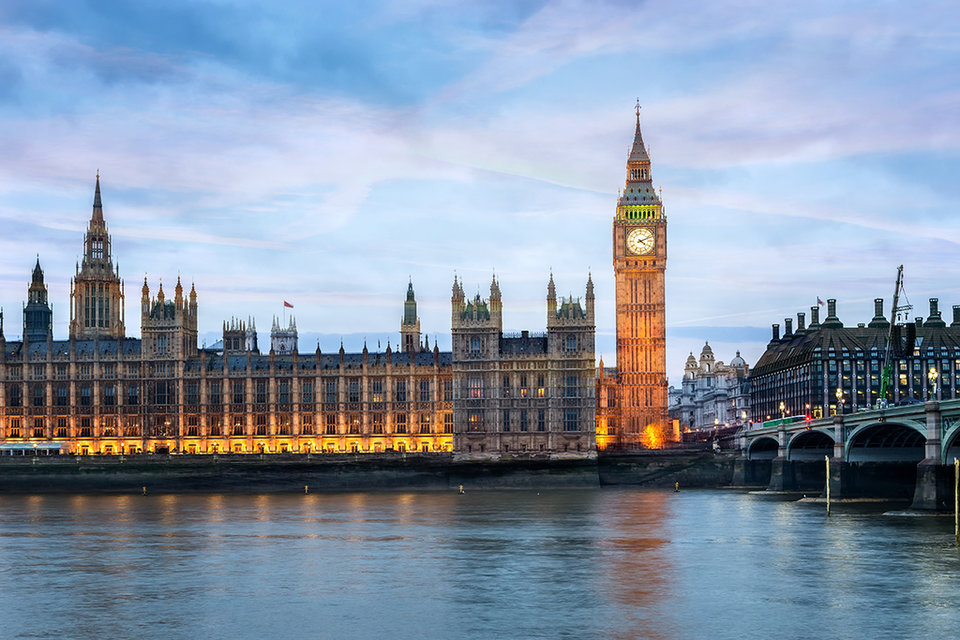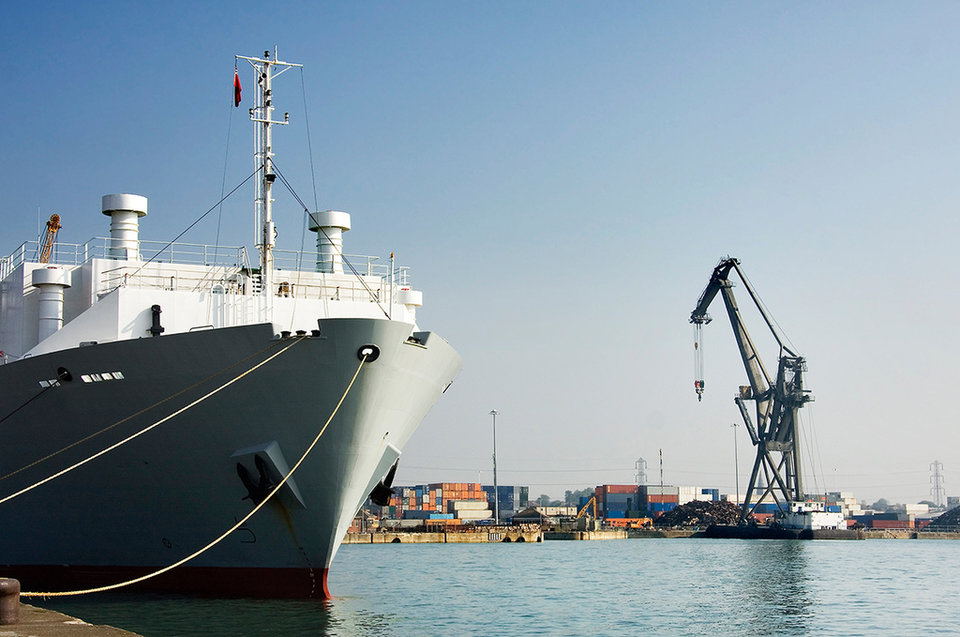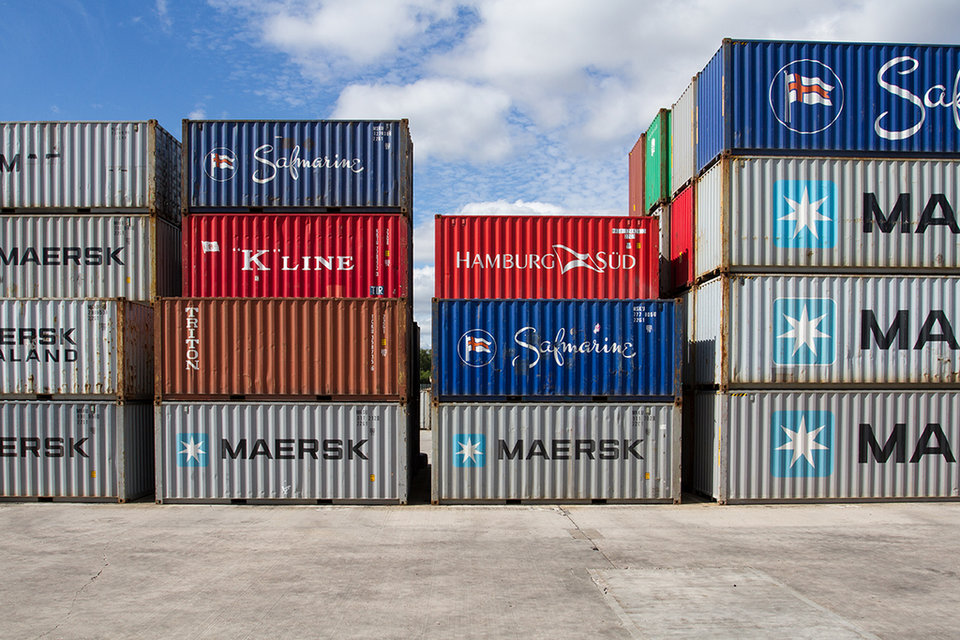INSIGHT
The future of the UK maritime sector
Where is the UK maritime sector going and what does it need from the UK Government to get there? These questions are being addressed as Maritime UKdiscusses and pulls together a new sector deal in response to the government’s Industrial Strategy. Ben Murray, Maritime UK director, reports
THE MARITIME SECTOR strongly supported the government's creation of an Industrial Strategy, making the case for the sector in three key ways:
- In its own right, maritime is a major economic contributor, with its net benefit to the country exceeding £37bn and supporting over 1 million jobs.
- As an island nation, Britain transports 95% of its exports and imports by sea, making its maritime supply chain critical to its economic and social wellbeing.
- As a competitive maritime centre, it offers products, services and investment opportunities for the global maritime sector.
Dialogue needed to shape the deal
The idea of sector deals is that businesses and other stakeholders, such as universities and local leaders, should collaborate to produce a clear proposal for boosting the productivity and competitiveness of their sector – a sort of prospectus covering what the industry will do, and what the government will do to support it.
Industry’s draft outline deal was submitted at the start of March, and government are preparing their detailed response to the proposals. Industry and government will then enter into a period of enhanced dialogue to shape, develop and finesse the deal.
Industry’s draft outline deal was submitted at the start of March
“The maritime sector is so vast and so diverse, with so many voices – from a government point of view, a single, industry-wide body was required to give a clear view,” says David Dingle CBE, chairman of Maritime UK and sector deal champion. “Maritime UK has been able to pull together this whole family of diverse interests into one single contact point and that is largely why the sector deal came about.
“It is up to us to come up with a series of challenges, including those which we want to start with and focus very intently on.”
Major challenges are around safety, efficiency and autonomy and they cut across all of sector’s various parts, he points out.

Svein Kleven is senior vice president of engineering and technology for Rolls-Royce. Image courtesy of Rolls-Royce
Innovation and technology: how to address key challenges
The sector deal steering group has focused on four areas: innovation and technology; skills and talent; exports and growth; and regional clusters. In February, the innovation and technology group met to discuss a number of challenges, of which the three most prominent were:
- Using the government’s ambition to map the seabed of the UK's Exclusive Economic Zone to catalyse growth in the marine autonomy industry. This could be developed not only to map the seabed but also, in conjunction with satellite technology, to track marine pollution (possibly including plastics), to manage security, to help stop illegal fishing, to identify sites of cultural heritage and so on.
- The development of intelligent shipping, particularly new forms of propulsion that will be needed as the industry moves away from marine oil and diesel. This could include fuel cells, biofuels, new forms of propellers, wind assistance, etc.
- Assuring the safety of increasingly complex systems. As the ship becomes more complex, it will need a new form of seafarer with different skills and a new way of ensuring that the increasingly complex technologies that form a ship are safe.
New forms of propulsion will be needed as the industry moves away from marine oil
The seabed proposal is likely to be the focus for the Industrial Strategy Challenge Fund (ISCF) proposal, but the other two proposals, and possibly more, could be developed for alternative funding through the Maritime Research and Innovation UK (MarRIUK) initiative in the future. Cross-industry support for the MarRIUK proposal means the creation of a research and innovation vehicle that can focus on any number of future projects identified by UK industry.
MarRIUK, broadly based upon the Catapult model, would draw upon the expertise and capability of the UK's impressive maritime academic and research institutions, by uniting them into a capable and powerful national institute.
The initial proposal, based on seabed mapping, would have dual benefits. First, the creation of a comprehensive data set to help unlock and fuel economic activity in the ocean economy, and second, demand for cutting-edge UK autonomous vessels to collect the data.

Strengthening the UK’s role in the maritime sector
Beyond research and innovation, the sector deal is likely to cover the kind of business environment the UK needs to attract foreign direct investment, including encouraging global shipowners to London, whose then procurement of products and services from across the country’s maritime sector is of huge and well-documented benefit.
Other commitments will look to strengthen London’s leading role in maritime business services, including how the UK can re-establish ship financing activity.
The National Shipbuilding Strategy is also anchored in the deal, where industry is keen to see recommendations delivered, translating the UK’s expertise in building naval ships to strengthen the country’s competitive position in bespoke, leisure and technical vessels, all to boost exports.
The National Shipbuilding Strategy is also in the deal
With a nod to Brexit and the country’s ambitions to assert itself as a global, trading nation, the deal will look to ensure that the UK invests in the infrastructure necessary to ensure Britain is able to efficiently and swiftly facilitate global trade. Recent research from the British Ports Association estimates that UK ports have an estimated £1.7bn of port infrastructure investment in the development pipeline, highlighting industry’s considerable investment in the sector.
Industry’s ambition to create a connected link of regional maritime hubs or “clusters” across the UK is also in the draft deal and matches with the government’s focus on place within the Industrial Strategy.
Finally, steps need to be taken to ensure that the UK has the skills needed to deliver the ambitious deal, and that UK expertise in education and training is recognised as an exportable proposition are included.

Shipping and cargo containers stacked up in Doncaster. Image courtesy of Clare Louise Jackson / Shutterstock.com
Why is a sector deal needed?
“Our competitor maritime centres in northern Europe and the Far East are relentless in their determination to increase their competitiveness,” says Ben Murray, director of Maritime UK. “Their respective governments are strategic in their support for their maritime sectors, and we need to see that kind of enhanced joined up approach in the UK.
“Industry and government committing to serious action, as set out in the developing sector deal, is a powerful combination for delivery.
“What we need is for government mood music to be translated into substance, and we look forward to receiving their response to the submitted draft outline. There is a real alignment of the stars at the moment, and we must capitalise upon that opportunity.”